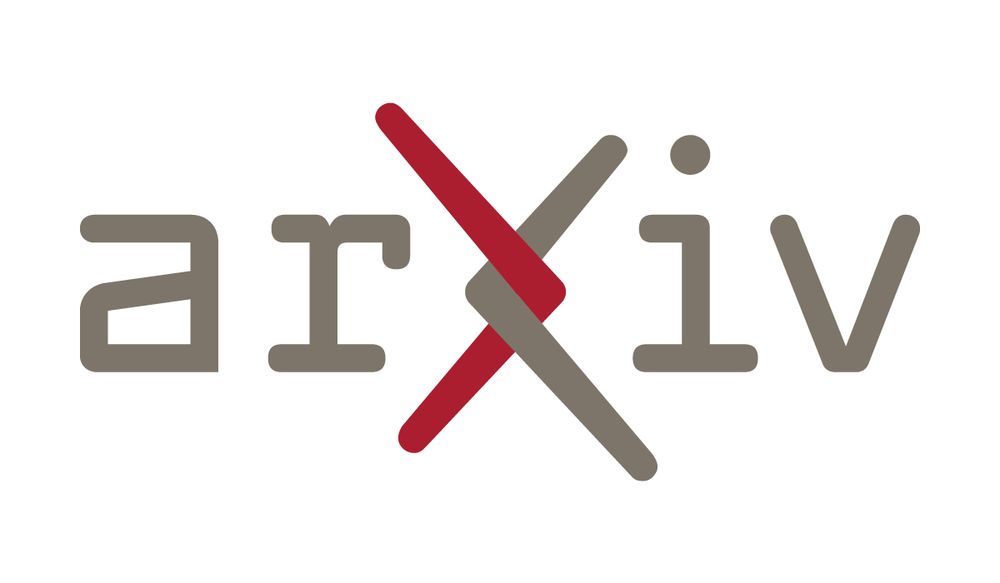
Arun Sundararajan
@digitalarun.bsky.social
NYU professor. Author, “The Sharing Economy.” Thinking about AI governance, platforms, IP, the ownership of human capital and the future of work. https://digitalarun.io/
Reposted by Arun Sundararajan
Potential legislative solutions to this challenge include the Retirement Savings for Americans Act of 2023 and the Portable Benefits for Independent Workers Pilot Program Act.
@digitalarun.bsky.social describes these and others in more detail in the article.
www.brookings.edu/articles/wor...
@digitalarun.bsky.social describes these and others in more detail in the article.
www.brookings.edu/articles/wor...

Workforce capacity development and occupational transitions with dignity
Arun Sundararajan explores how digital disruption is transforming work and calls for new systems to support a post-employment economy.
www.brookings.edu
April 23, 2025 at 2:10 PM
Potential legislative solutions to this challenge include the Retirement Savings for Americans Act of 2023 and the Portable Benefits for Independent Workers Pilot Program Act.
@digitalarun.bsky.social describes these and others in more detail in the article.
www.brookings.edu/articles/wor...
@digitalarun.bsky.social describes these and others in more detail in the article.
www.brookings.edu/articles/wor...
I wonder what the intersection between people downloading VPNs for the first time specifically to get on TikTok and people vulnerable to a VPN scam is 😊
January 19, 2025 at 1:29 PM
I wonder what the intersection between people downloading VPNs for the first time specifically to get on TikTok and people vulnerable to a VPN scam is 😊
Absolutely — any legislation that requires “taking the training data out” seems pointless. The transaction costs of opt-out should also be considered. Personal data might be a better candidate than copyrighted data for opt-out — we don’t let copyright holders opt out of other forms of fair use.
January 10, 2025 at 4:03 PM
Absolutely — any legislation that requires “taking the training data out” seems pointless. The transaction costs of opt-out should also be considered. Personal data might be a better candidate than copyrighted data for opt-out — we don’t let copyright holders opt out of other forms of fair use.
if they do acquiesce to an acquisition, wouldn’t Google/Waymo be another possible suitor? Apart from their user base, Uber and Lyft have deep operational expertise and IP, something that Waymo or Google can’t rapidly replicate, and which seems very synergistic with their existing tech.
January 4, 2025 at 2:12 PM
if they do acquiesce to an acquisition, wouldn’t Google/Waymo be another possible suitor? Apart from their user base, Uber and Lyft have deep operational expertise and IP, something that Waymo or Google can’t rapidly replicate, and which seems very synergistic with their existing tech.
Related: an excellent 1/1 NYT oped by Jessica Grose about the virtues of modest levels of solitude, and of “embracing loneliness as a normal feeling that we all experience from time to time, rather than necessarily being pathological.”
Opinion | Embracing the Joys of Solitude in the New Year (Gift Article)
Being alone doesn’t mean you’re lonely.
www.nytimes.com
January 3, 2025 at 7:18 PM
Related: an excellent 1/1 NYT oped by Jessica Grose about the virtues of modest levels of solitude, and of “embracing loneliness as a normal feeling that we all experience from time to time, rather than necessarily being pathological.”
3/ Is it sufficient to accept superficial fixes that balance out generated content for a vast majority of prompts (like the LLMs and image generators have done) or do we need to delve deeper into understanding the machine equivalent of the gender beliefs of their underlying models?
December 27, 2024 at 2:47 AM
3/ Is it sufficient to accept superficial fixes that balance out generated content for a vast majority of prompts (like the LLMs and image generators have done) or do we need to delve deeper into understanding the machine equivalent of the gender beliefs of their underlying models?
2/ What’s the right metric to measure bias in generative AI models? Do we want them to reflect “base rate” reality, or do we want them to be aspirational? Two colleagues and I looked into this a little a year or so ago in the context of LLM recall of Nobel Prize winners.

Evaluating LLMs for Gender Disparities in Notable Persons
This study examines the use of Large Language Models (LLMs) for retrieving factual information, addressing concerns over their propensity to produce factually incorrect "hallucinated" responses or to ...
arxiv.org
December 27, 2024 at 2:42 AM
2/ What’s the right metric to measure bias in generative AI models? Do we want them to reflect “base rate” reality, or do we want them to be aspirational? Two colleagues and I looked into this a little a year or so ago in the context of LLM recall of Nobel Prize winners.
What’s something you didn’t do in your 20s that you wish you had done? (Granted, this works better for groups in which there’s a critical mass of people willing to admit not currently being in their 20s, but it engages the younger folks in a mixed-age group a lot more than one might expect.)
December 19, 2024 at 3:25 PM
What’s something you didn’t do in your 20s that you wish you had done? (Granted, this works better for groups in which there’s a critical mass of people willing to admit not currently being in their 20s, but it engages the younger folks in a mixed-age group a lot more than one might expect.)
I’m enjoying Wolfgang Streeck’s “Taking Back Control.” I don’t agree with a lot of it, but it’s an interesting read.
December 16, 2024 at 2:21 AM
I’m enjoying Wolfgang Streeck’s “Taking Back Control.” I don’t agree with a lot of it, but it’s an interesting read.

